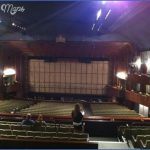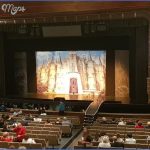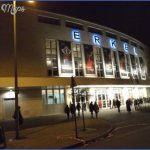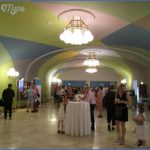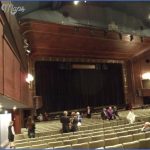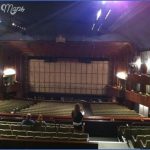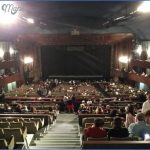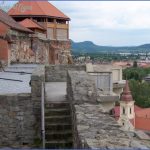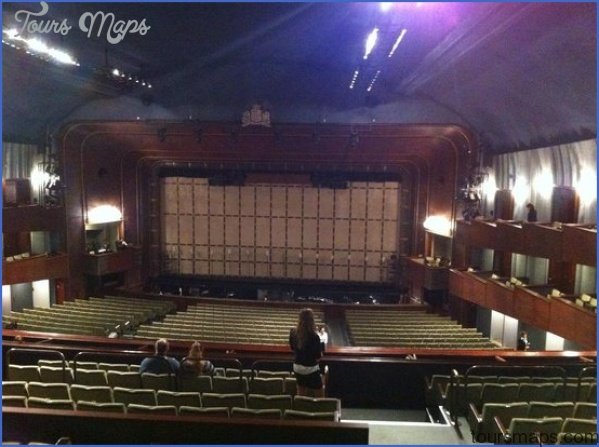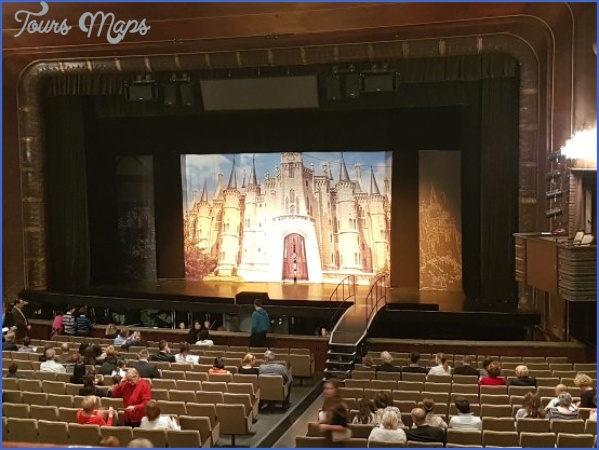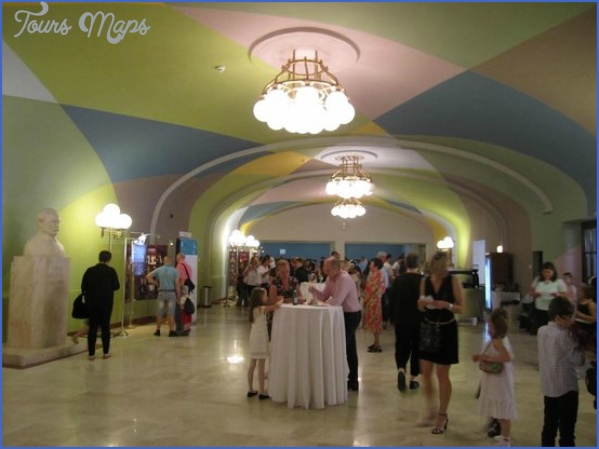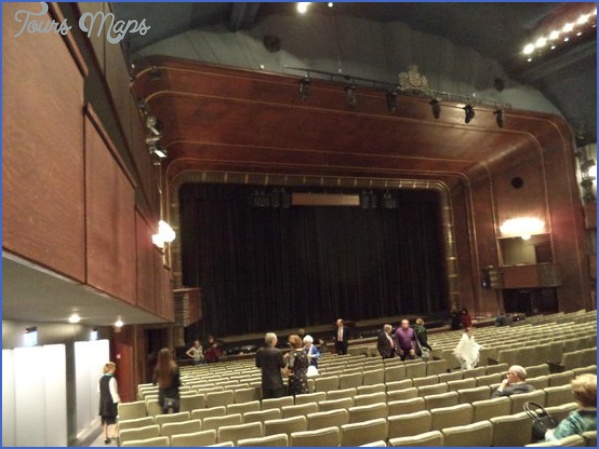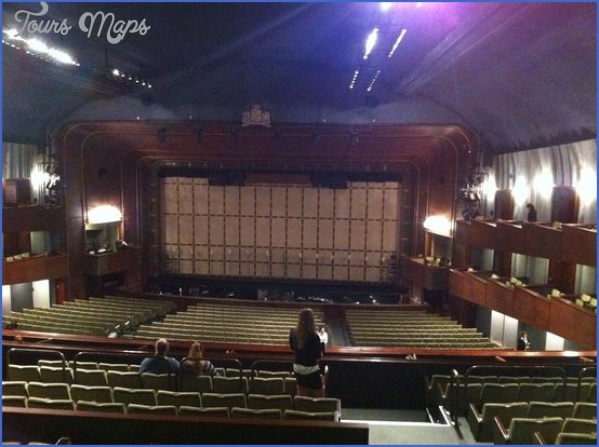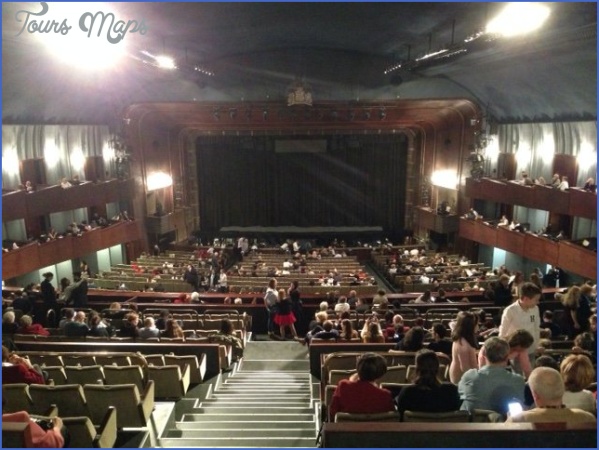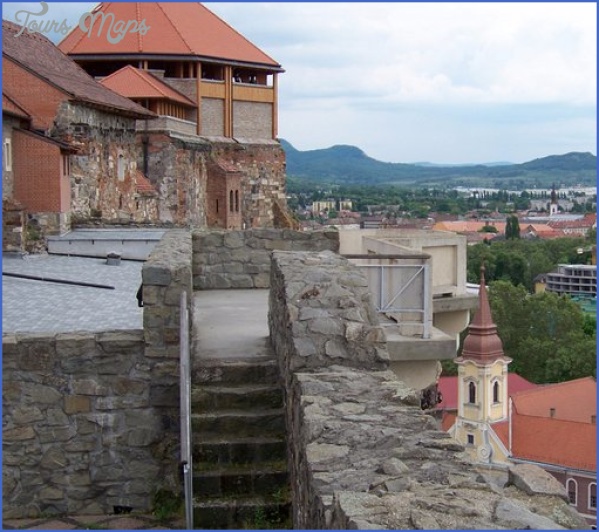ERKEL MUSEUM
Gyula, in the south-eastern corner of Hungary, close to the Romanian border, makes the most of the accident of birth that led to its being the native city of the acknowledged creator of Hungarian opera. Ferenc Erkel’s father and grandfather, from Bratislava (Poszony to a Hungarian), went to this outpost of the Empire in 1806, when his father became Kantor of the German school and church organist in the domain of Count Wenckheim. Ferenc was born there in 1810.
A short walk west of the centre of this modest-sized spa city (36,500 people) stands the church, and next to it the old schoolhouse where Erkel was born, now the Erkel museum. The first room, with 17 display cases and boards, gives a substantial and informative chronological account of his life, with text in Hungarian but with summaries in German and Russian. Beginning with his ancestry, his entry of birth and his school reports, it moves on to his early career, as a pianist (which he eventually abandoned, partly because of the competition of another Hungarian, Liszt) and then his work as an opera conductor, first in Oradea and later in Buda, where he introduced the standard repertory to Hungarian audiences. Separate cases – with posters, handbills, librettos, programmes, music editions and manuscript excerpts, the singers and their costumes, the original settings -deal with his own major operas, Batori Maria, Hunyadi Laszlo, and of course his most admired work, Bank Ban, while the later works are grouped. There are other, non-operatic works too (a cadenza for a Mozart piano concerto among them). His three composer sons – Gyula (1841-1909), Elek (1842-93) and Sandor (1846-1900) – each have a display case, too; a fourth, Laszlo (1844-96), was an early teacher of Bartok.
ERKEL MUSEUM Photo Gallery
The second room gives a picture of Erkel’s considerable career as a concert conductor; there are photos of halls, programmes and handbills, correspondence (including a Berlioz letter), editions, manuscripts, as well as cups, tankards and other awards presented to him. His time as director of the Music Academy in Pest, where he had Liszt as star faculty member, is duly recorded, as too is his work for the singing society movement. Gyula’s response to its son is noted too, beginning with the erection of a bust in 1896, three years after his death, and continuing with concerts, awards and, in 1960, on the 150th anniversary of his birth, the founding of the museum.
In a third room is a Steinway boudoir grand and a dummy practice keyboard, along with further displays devoted to Erkel’s sons and more on Bank Ban, with a section too on recent Erkel literature, celebration stamps and medallions. More personal items occupy a fourth room, among them his father’s harmonium, a little table and chairs, a lithograph of Erkel, a black cloak, with lace and jet beads, of his wife’s and oil portraits of his brother and his sister-in-law; the final room, the original kitchen, is set out as a kitchen in the style of the time.
Gyula commemorates Erkel in other ways. There is a road, Erkel ter, named after him. The local history museum bears his name (so that the ‘Ferenc Erkel Museum’ is not in fact the Ferenc Erkel museum), as too do a local community centre and a hotel. The bust of him is in a prominent square, and two plaques adorn the house.
Maybe You Like Them Too
- Top 10 Islands You Can Buy
- Top 10 Underrated Asian Cities 2023
- Top 10 Reasons Upsizing Will Be a Huge Travel Trend
- Top 10 Scuba Diving Destinations
- World’s 10 Best Places To Visit

